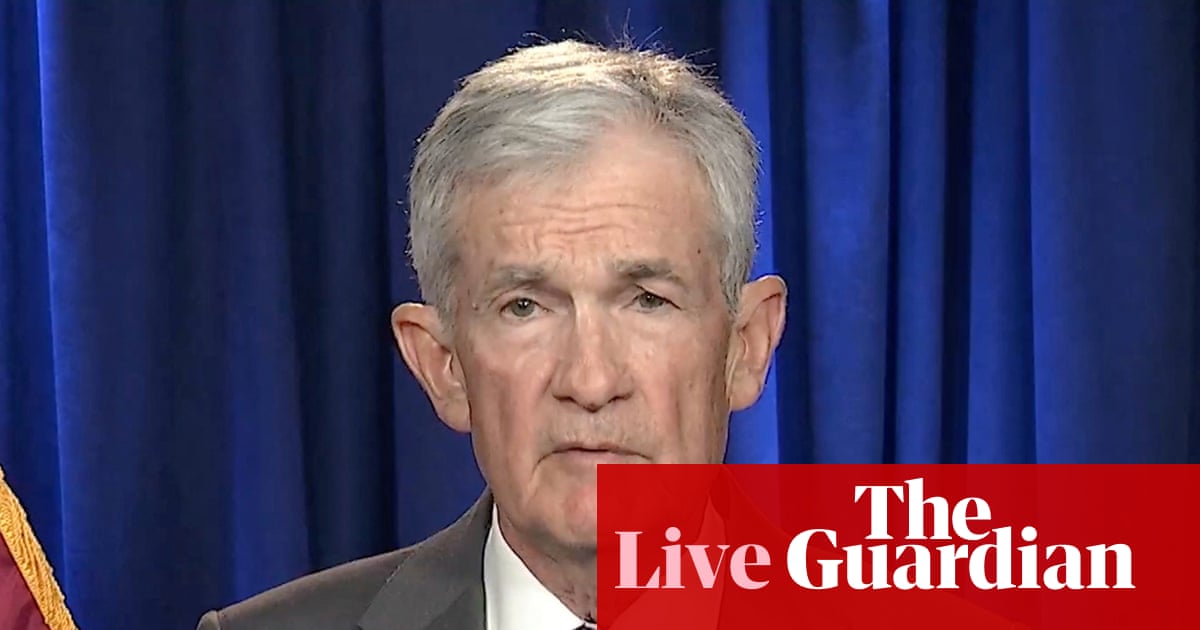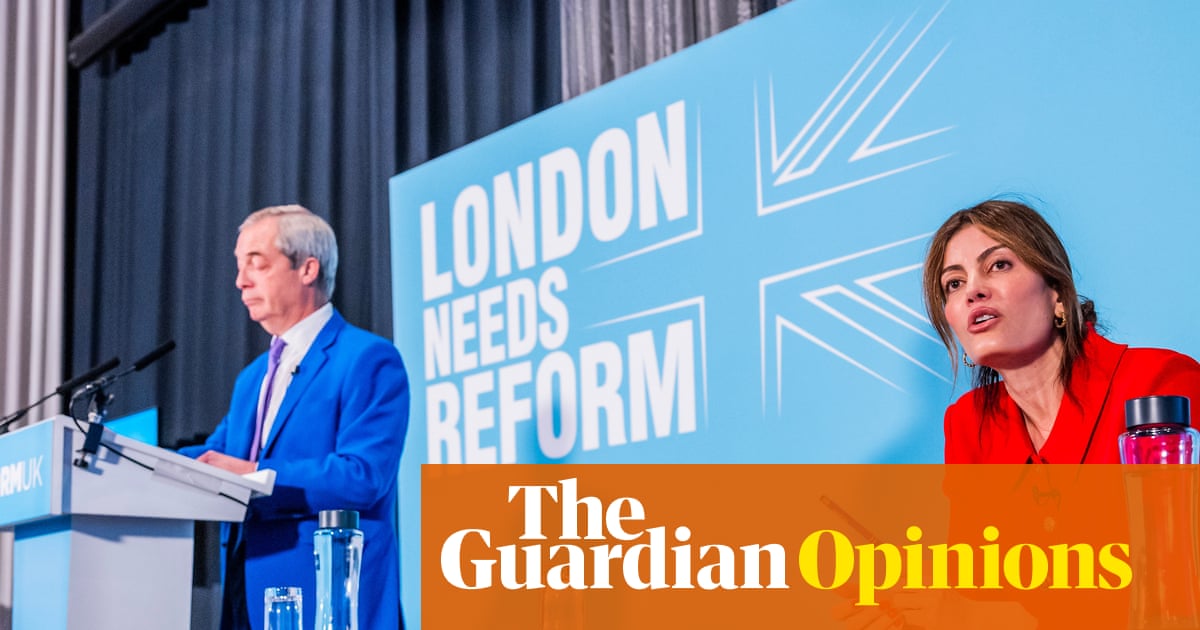The left traditionally faces four formidable enemies: wealthy interests, the political elite, the mainstream media and itself. Over the past few days, the latter has stormed back with a vengeance.
When the independent MP and former Labour leader Jeremy Corbyn and the former Labour MP Zarah Sultana announced the birth of a new leftwing party, the surge of interest shocked even its founders. More than 750,000 people signed up in support of an unchristened, nonexistent party. Polling suggested nearly a third of Britons would vote for an alliance with the Greens; among under-35s, support rose to 52%. That media outlets spent more time mocking its placeholder name, Your Party, than seeking to understand this phenomenon tells its own story. In today’s Britain, “legitimate concerns” means kicking out migrants, not taxing elites to rebuild crumbling services.
Alas, a deeply unattractive public row in recent days appeared to detonate the whole project. Sultana seeks the co-leadership of a new party, and her camp felt she was being frozen out by Corbyn’s advisers and the four independent MPs who won on a platform opposing Israel’s genocide and tackling economic misery at home. Corbyn’s team believe that he remains the politician most able to galvanise the grassroots. The independents feel that, having crushed the Labour machine when Keir Starmer was securing a landslide, they represent a mass base that must be respected and given a major role.
Fearing being sidelined, Sultana unilaterally launched the membership scheme under her allies’ control. Threats of legal action on both sides followed, as well as accusations of sexism by Sultana. Social media filled with despairing posts, mostly younger voters who know where Britain is headed and thought their lifeboat had been scuppered by friendly fire.
Thankfully, a miscalculated game of chicken appears to have drawn to a close, and plans to launch a new party have resumed. Sultana has halted legal action and rightly warned that “the stakes are too high for failure to be an option”. We must hope that hotheads on all sides give way to calm strategists. A grassroots initiative is constructively calling for a new elected committee to take over the proceedings. Given the scale of both opportunity and danger, a leftwing implosion would be tragic – and unforgivable.
Conditions have never been better for a force to Labour’s left. Starmer wooed the membership to become leader of the party as a socialist, then swerved right and launched an assault on Labour’s left flank. As prime minister, Starmer has done everything his party’s right has desired: attacked social security , bashed migrants , refused to hike taxes on the rich. The result? Having ejected a despised Tory government a little more than a year ago, only 11% of voters approve of the government – 72% disapprove.
Meanwhile, polling consistently shows mass support for left policies such as hiking tax on the rich and public ownership. The Greens, meanwhile, have elected the extremely impressive Zack Polanski, whose eco-socialist pitch is cutting through. An alliance between a new left party and the Greens could replace an imploding Labour.
None of this erases the challenges. Any viable left coalition must recognise British Muslims as essential to its base. They have been politicised by western bloodbaths in mostly Muslim lands such as Iraq, Afghanistan, Libya, and Palestine; by the hardship that disproportionately strikes their communities; and by endemic, mainstreamed Islamophobia. Strong community networks – so rare in atomised Britain – make for formidable ground campaigns.
But some tensions cannot be wished away, including the tension within such a coalition between socially conservative and progressive values on issues such as trans rights. However, the two most prominent British Muslim politicians – the Labour London mayor, Sadiq Khan, and the former Scottish first minister Humza Yousaf – have been steadfast pro-LGBTQ allies, unlike most Christian Tory MPs. Muslims were voting Labour when it passed gay rights legislation. Many voters at the time – Muslim or not – didn’t support equalising the age of consent or scrapping Section 28, but decided they had other priorities. Any left alliance must fiercely confront Islamophobia, oppose the slaughter of Muslims abroad and champion the rights of all minorities. That’s not only moral; it’s strategic. Younger voters will walk away otherwise – and the electoral coalition will collapse.
Failure now would be criminal self-indulgence. Economic insecurity defines millions of lives. Fascism is resurgent across the west. Authoritarianism is hardening at home: witness the mass arrest of peaceful anti-genocide activists under Labour’s anti-terror laws. Starmer’s indulgence of anti-migrant politics – and his refusal to address the economic roots of despair – only legitimises Farageism. A united left with a compelling message would drag the political conversation away from punching down at migrants, to take on the wealthy elites actually responsible for Britain’s decline. That would force Starmer and Farage alike on the back foot.
No leftwing politician has risen to prominence on their talents alone. Left movements have arisen across the west in the past few years for structural reasons: an economic order that delivers falling living standards, rising insecurity and a collapsing public realm, fused with a murderous, catastrophic foreign policy. All politicians should therefore have humility. They are riding a wave, and should see themselves as custodians of a movement that lifted them up. If they end up wrecking rather than facilitating that potential, then millions desperate for radical change will not forgive them.
-
Owen Jones is a Guardian columnist

 3 months ago
101
3 months ago
101

















































